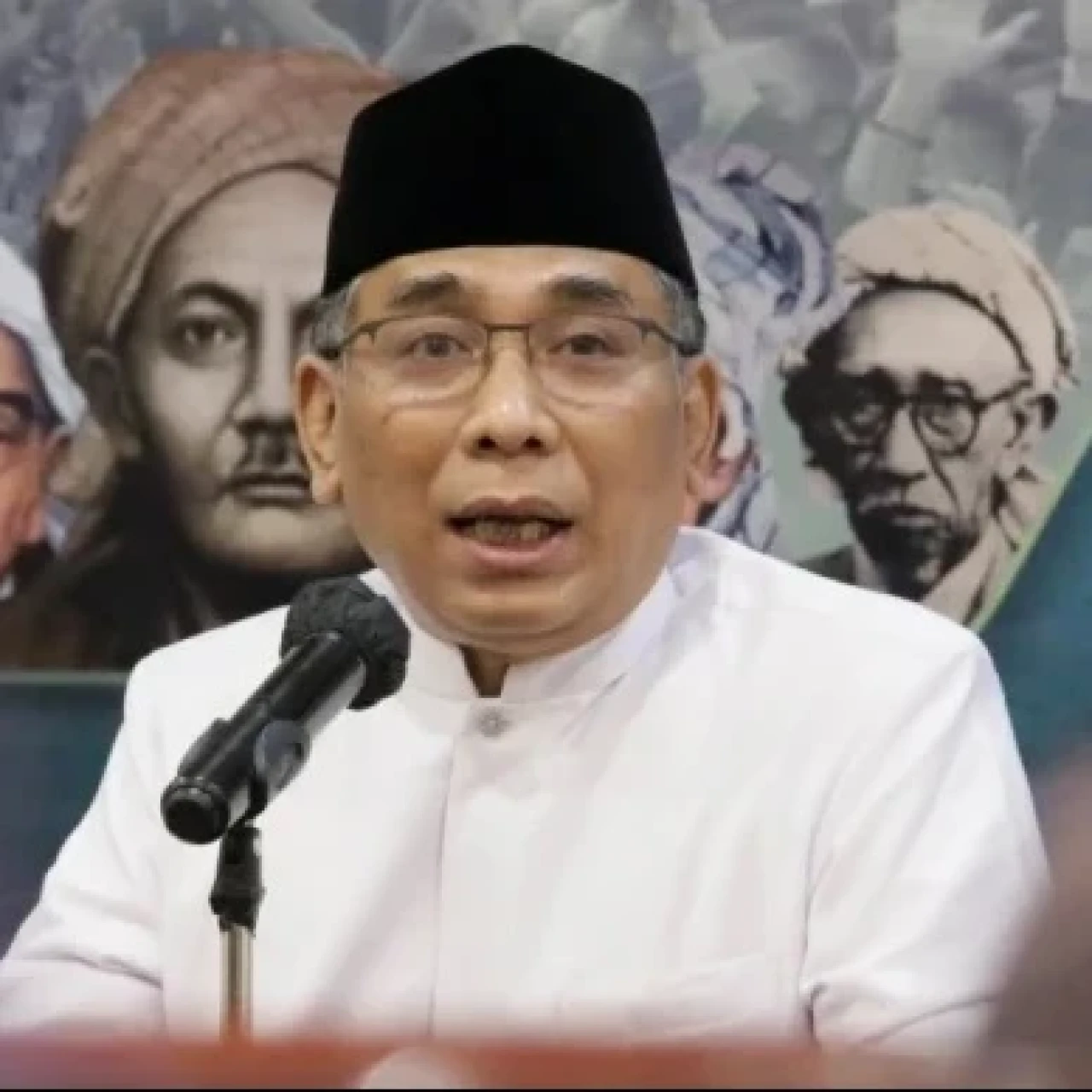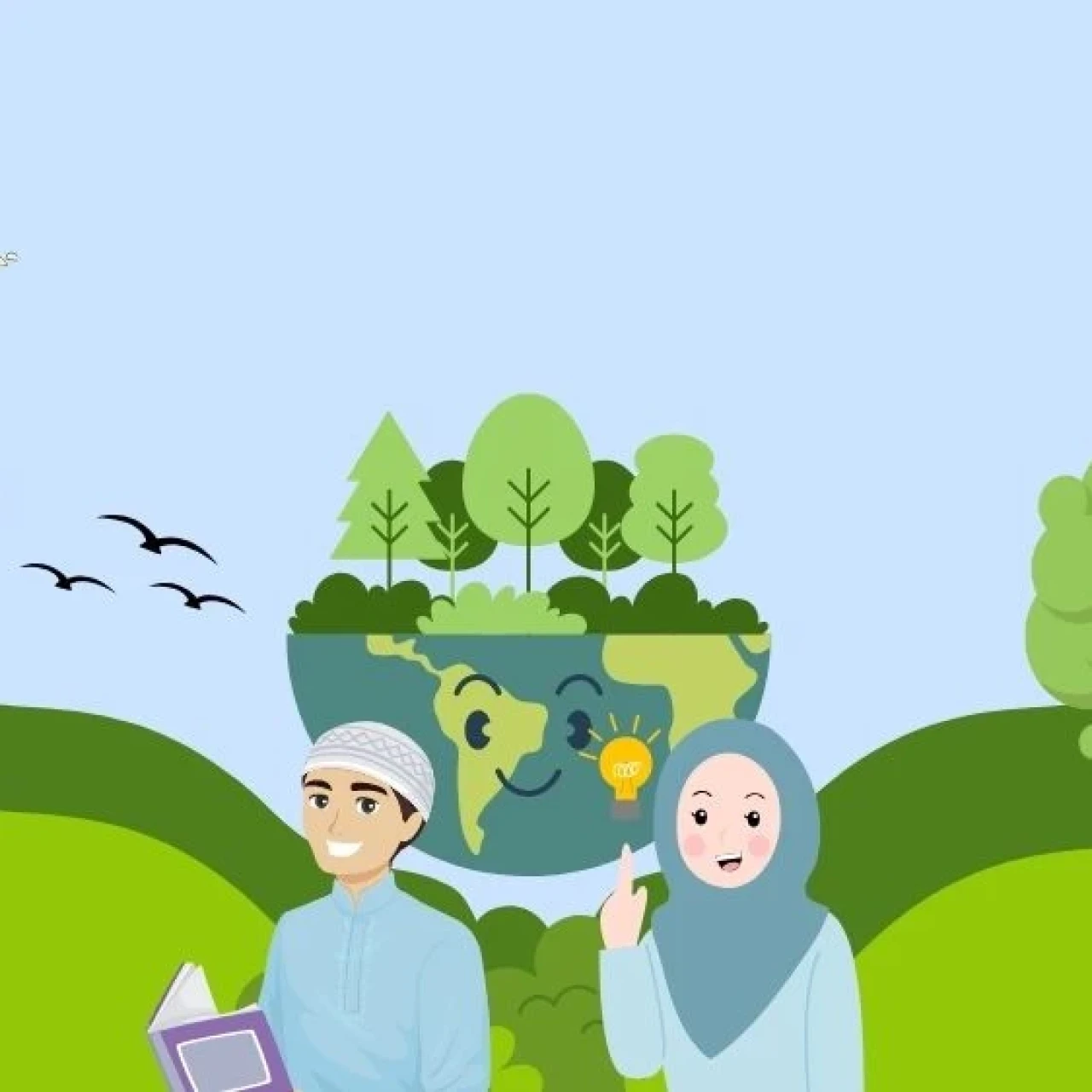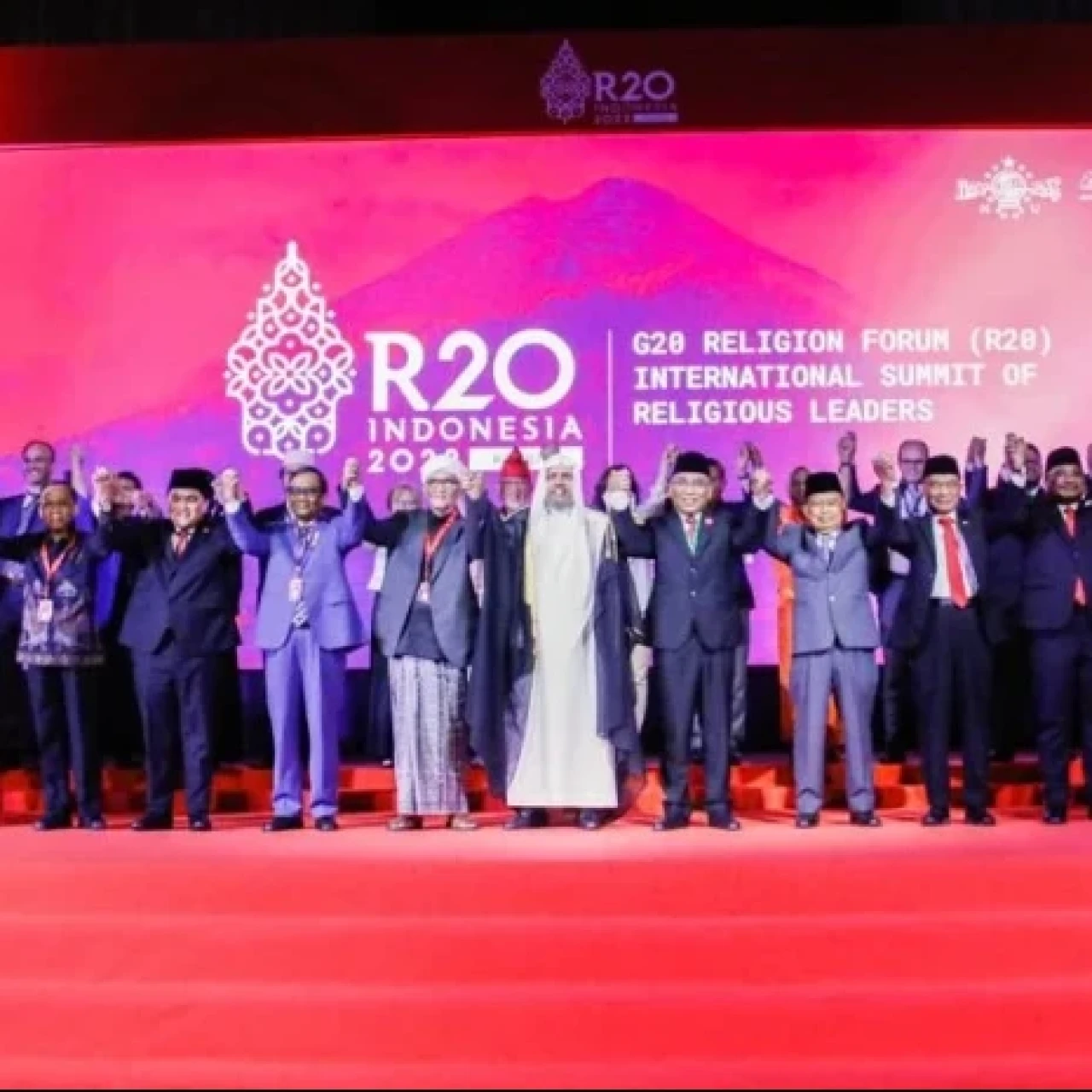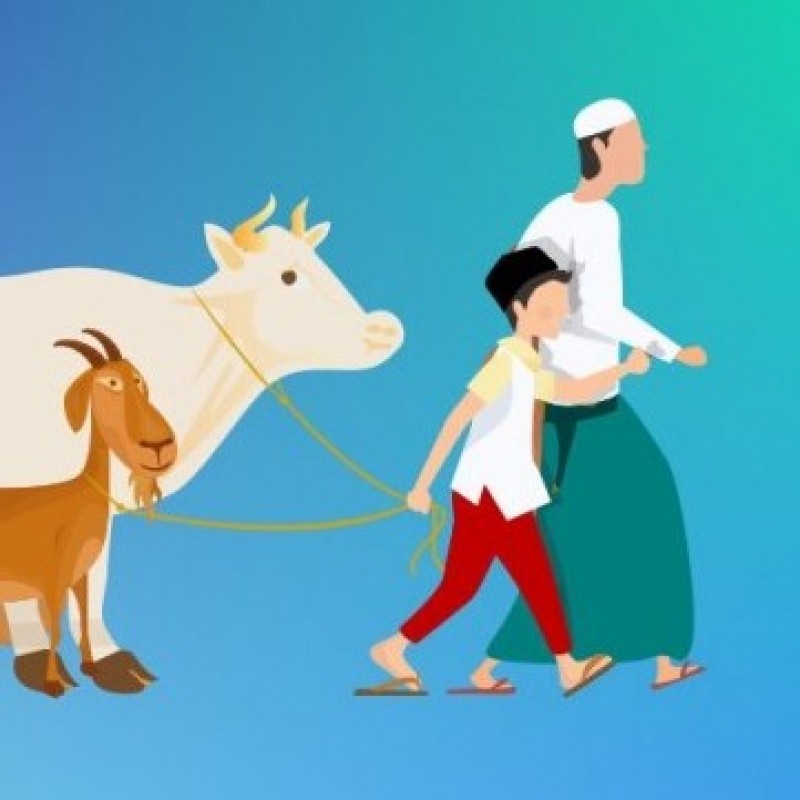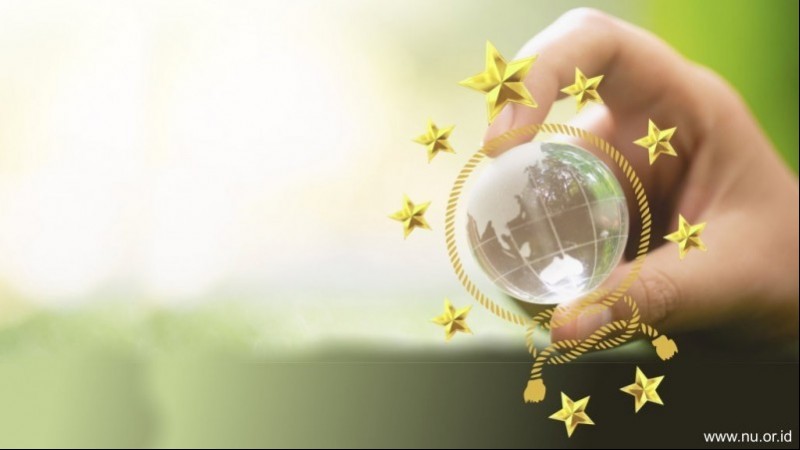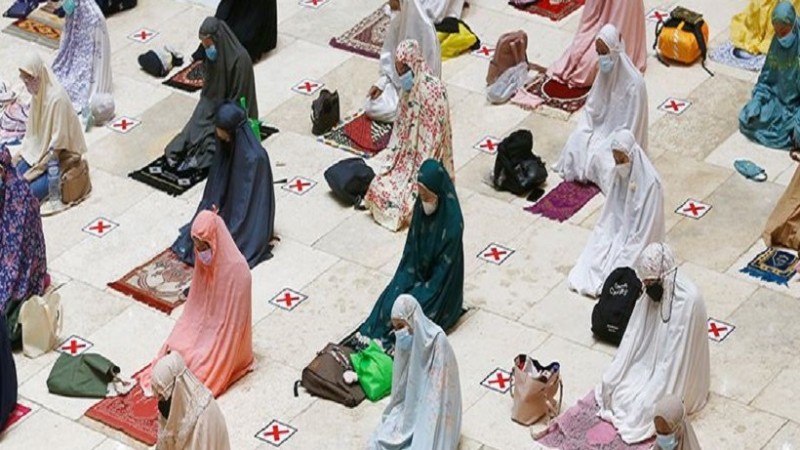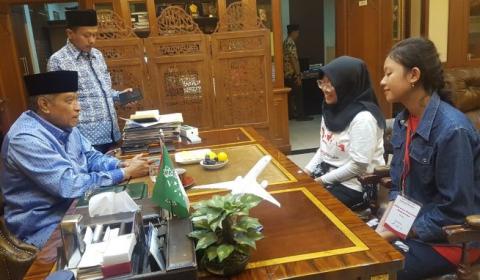By A. Chaedar Alwasilah
As Muslims ready themselves for Ramadhan, a spirit of understanding is essential for religious harmony. Fasting during Ramadhan is the annual obligation of every Muslim and comprehending its essence will help non-Muslims especially to develop such a spirit.<>
Probably no other word in Islamic discourse has been so widely misunderstood than jihad. In Arabic, its root consists of j-h-d, meaning “to fight for” or “to work hard” in any walk of life, as long as it is favorable to God.
A person who undertakes jihad is called a mujahid(een), which is sometimes translated as “holy warrior(s)”, as a parallel to the translation of jihad as “holy war”. This translation has had a devastating effect on the otherwise better understanding of mutual respect between Islam and the rest of the world.
By way of comparison, in English the word “crusade” could mean military expeditions by European Christian nations to recover the Holy Land from Muslims in the Middle Ages. Many have overlooked, however, the more generic use of the word: for example, “a crusade against corruption,” or “a crusade for the fairer treatment of minorities”.
Fasting during Ramadhan is an obligation revealed by an angel to the Prophet Muhammad as recounted in the Koran. The Koran itself was revealed to him in the month of Ramadhan. This is a month-long crusade or jihad for Muslims in many ways.
Fasting in Arabic is shaum or shiyam, meaning to restrain from otherwise lawful eating, drinking and sexual relations during the day time. It is a great crusade for fasting Muslims to restrain themselves from fulfilling such physical wants and human drives.
By law of shaum, the food, drink and sex within your own possession become unlawful or forbidden temporarily. Such an endurence is a spiritual exercise to control human’s unlimited will. Muslims are by consequence discouraged from voluntary indulgence in the forbidden acts.
Our social and political discourse is now outrageously plagued by issues of graft, lies and sex involving political figures and bureaucrats. There is a tendency among them to indulge in serial polygamous marriage.
Ostensibly Ramadhan has become a religious ritual that generates less impact on daily life.
Such an observation, however, should not lead to mistakenly blaming God for revealing the ritual. Rather, it is indicative that the majority have taken it at its face and superficial values, namely just to endure physical hunger and thirst.
Grounded on the essence of Ramadhan, Islam is fundamentally one; but Muslims are several. Islam through fasting propagates ethical values and injunctions on human activity. These include justice, fairness, equity, brotherhood and discipline.
Once these qualities are internalized in one’s life, her or hislife is categorized as Islamic, which literally means peaceful. In other words, anyone can demonstrate a set of Islamic quality, without necessarily being a Muslim. Anyone can voluntarily declare her or himself an adherent of Islamic teaching.
Suffice it to say that there are two sides to the fasting coin: ritual and social aspects.
The absence of either one reduces the essence of the whole. Fasting teaches Muslims to strike a balance between the ritual and social; between the divine and the mundane.
Other pillars of Islamic teachings — syhadat, prayers, giving alms for charity and haj — instruct spiritual as well as social aspects, or vertical as well as horizontal aspects.
Everywhere Islam should provide “the right moral attitude for human action” as Fazlur Rahman argues.
The majority of Muslim ummah (community) at the grassroots level are still heavily dependent on their leaders. Unfortunately only a few of these leaders set a good example for the ummah.
Being the majority of the population, Muslims should be an exemplar of socio-political life for the whole nation. By observing Ramadhan, Muslims are on the springboard to improve life. Ramadhan is a divine instrument to abstain from socio-political greed that would be otherwise justified any means
whatsoever.
The essence of fasting is universal and is a historical necessity. Previous prophets, apostles, and spiritual leaders across religions recognize rituals more or less similar to fasting.
Christianity, Hinduism, Buddhism and Shinto value the notion of self-control.
Mahatma Gandhi, a Hindu, was a legend, who has set an example as a world leader by living a very modest life, to mention just one.
Muslims are obligated to undertake mutual counseling and warn one another of the dangers of
losing the sight of the social aspects of fasting.
The collective move to put fasting and Ramadhan into its correct mission is fundamental. In this sense every true Muslim is a “fundamentalist”.
Ramadhan is socio-psychological capital owned by the nation. The minorities could share its potential benefits. Muslims should convince others that we are practicing Ramadhan as a strategy for national
development.
So to all fellow Muslims, let us observe the coming Ramadhan as an opportunity to crusade against corruption, lies, enmity, hostility, quarreling, etc. for a better Indonesia.
The writer is a professor at the Indonesia University of Education (UPI), Bandung.
Terpopuler
1
Khutbah Jumat: Ramadhan dan Kesempatan yang Tidak Selalu Terulang
2
Innalillah, Ulama Mazhab Syafii asal Suriah Syekh Hasan Hitou Wafat dalam Usia 83 Tahun
3
Kultum Ramadhan: Lebih Baik Sedikit tapi Istiqamah
4
Khutbah Jumat: Ramadhan, Melatih Sabar, Memperkuat Syukur
5
Keluar Mani yang Tidak dan Membatalkan Puasa
6
Khutbah Jumat: Tiga Kebahagiaan Orang Puasa
Terkini
Lihat Semua




